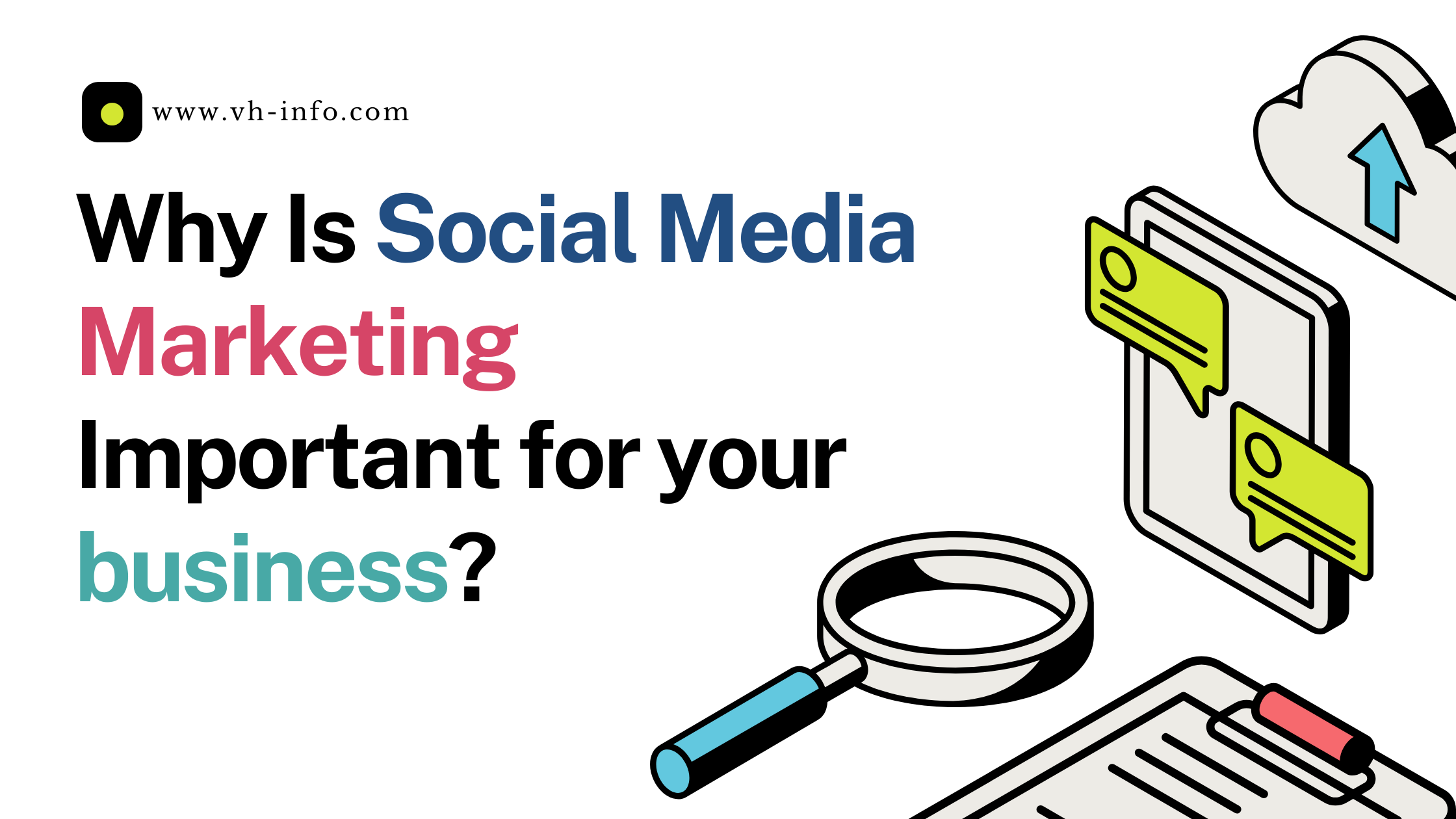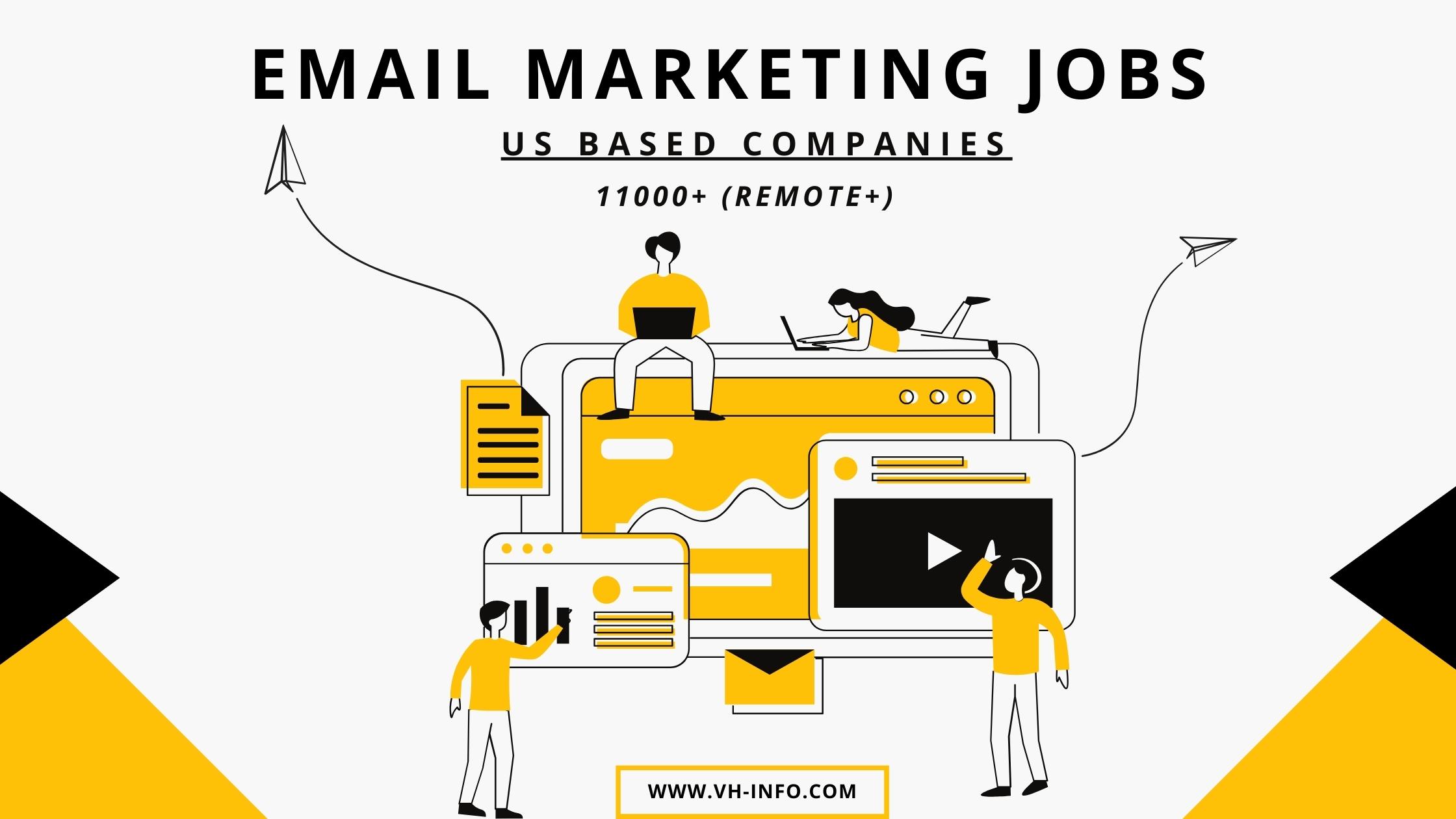
Why Is Social Media Marketing Important for Your Business? (Expert Insights)
Social media is everywhere, and it’s not going anywhere anytime soon. From individuals to businesses, everyone is using social media

Why Is Social Media Marketing Important for Your Business? (Expert Insights)
Social media is everywhere, and it’s not going anywhere anytime soon. From individuals to businesses, everyone is using social media

11 Ways to Acquire More Clients for Your Digital Marketing Agency
Digital marketing agencies face unique challenges that go beyond the usual business concerns. One of the most pressing issues is

11000+ Email Marketing Jobs ( US Remote Opportunity )
Digital marketing groups are formed with a diverse range of specific people. Content marketers, designers, copywriters, social media specialists, and
WHAT WE
3rd floor, VHinfo, QRXG+CG9 Capital Market, Canal Rd, chokdi, Ravapar, Morbi, Gujarat 363641
VH-info © 2025 | All Rights Reserved